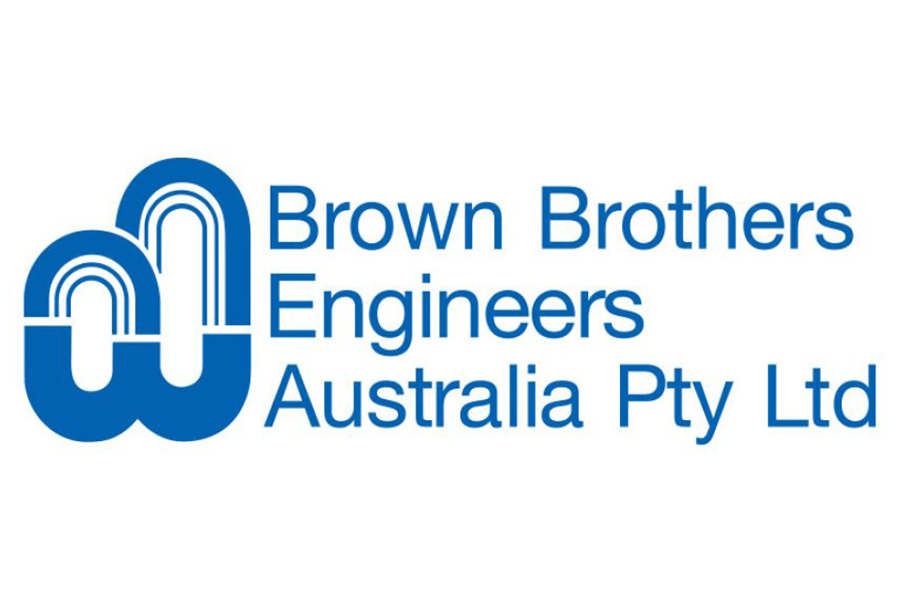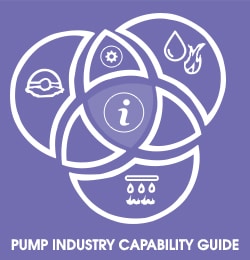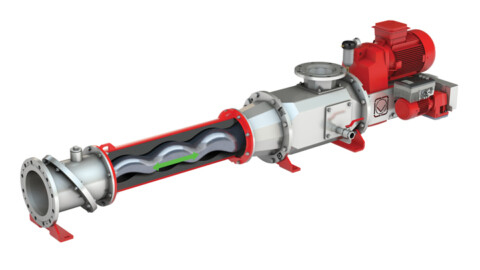The pump industry relies on expertise from a large and varied range of specialists, from experts in particular pump types to those with an intimate understanding of pump reliability; and from researchers who delve into the particulars of pump curves to experts in pump efficiency. To draw upon the wealth of expert knowledge the Australian pump industry has to offer, Pump Industry has established a panel of experts to answer all your pumping questions.
Peter Vila, Managing Director of SEEPEX Australia
We receive many questions regarding the use of progressive cavity pumps for oil and gas applications. Below is a selection of those which are most commonly asked.
Q: The oil and gas industry has been hit hard in the past couple of years. How do progressive cavity pumps (PCPs) fit into cost containment plans?
A: PCPs are specifically designed based on your application and media. They are self-priming and offer minimal pulsation, excellent suction lift capabilities, solids handling, and very low NPSH requirements. These benefits ensure the long and reliable operation of a PCP in your system, keeping your costs down and adding value to your purchase.

Fully submersible caisson with progressive cavity pump.
Q: What are some of the areas where progressive cavity pumps are used in the oil and gas industry?
A: They are used in a variety of applications. Just to name a few:
- Drilling mud transfer
- Produced water treatment
- Fraccing
- Open/closed drains
- LACT
- Multiphase pumping
- MEG/TEG
- Reject oil
- Polymer dosing
Q: Can PCPs correctly handle oil and water mixtures to prevent the creation of emulsions?
A: According to the Society of Petroleum Engineers’ (SPE) paper 18204, PCPs are the best technology for oil and water separation to prevent the creation of emulsions. They have a gentle, low shear pumping action.
Q: Can PCPs really handle viscous and troublesome media?
A: Yes, they can handle anything from low viscosity condensates to heavily dewatered oily sludge, along with reliably pumping multiphase liquids with up to 99 per cent gas content.
PCPs have also been proven to transport oil containing thiols, which are toxic and have a penetrating smell. PCP systems can run in a closed pipeline thereby offering maintenance workers a way to work risk-free.
From offshore to upstream, midstream or downstream, progressive cavity pumps can provide the best solution for your needs.
Peter Vila, Managing Director of SEEPEX Australia, is a progressive cavity pump expert. He has been involved with pumps for over 35 years.
Peter spent the first five years repairing pumps and the following 30 years in technical sales, 15 of which have been with SEEPEX progressive cavity pumps.
For more information on progressive cavity pumps, please contact SEEPEX Australia on +61 2 4355 4500 or [email protected]

















